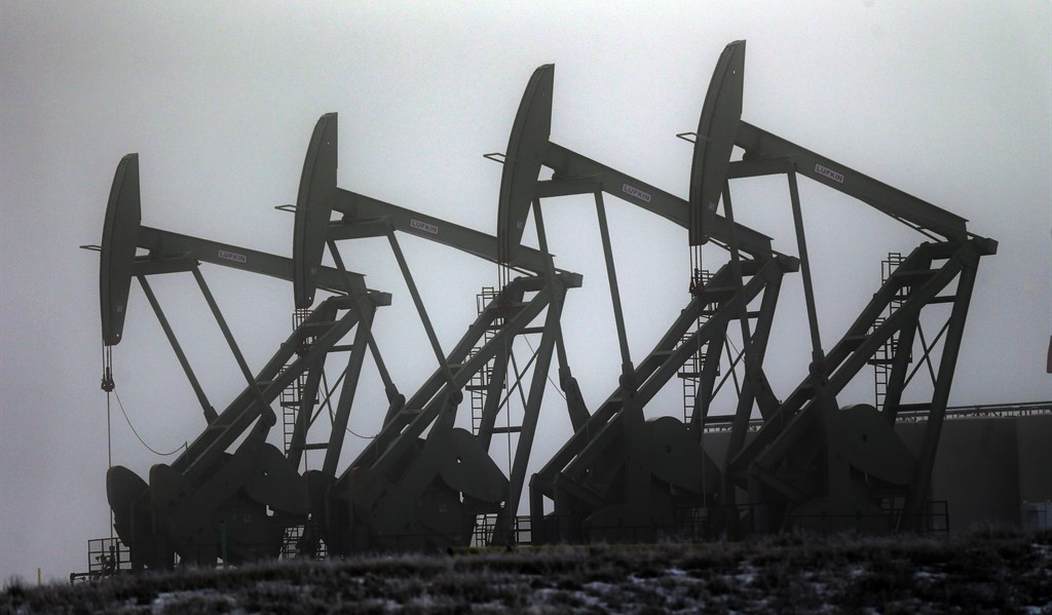Oil prices are expected to rise on Monday, following (and presumably due to) Iran's Saturday attack on Israel. Whether the price continues to rise or not depends largely on whether tensions in the region continue. Conflicts in the oil-rich Middle East tend to cause increases in oil prices, and tensions of late have come from various sources even before Iran's actions on Saturday.
Oil prices are expected to rise on Monday after Iran’s attack on Israel over the weekend, analysts said on Sunday, but further gains may depend on how Israel and the West choose to retaliate.
Iran launched explosive drones and missiles at Israel late on Saturday in retaliation for a suspected Israeli attack on its consulate in Syria on April 1, a first direct attack on Israeli territory that has stoked fears of a wider regional conflict.
Concern of a response from Iran to the strike on its embassy compound in Damascus supported oil last week and helped send global benchmark Brent crude on Friday to $92.18 a barrel, the highest since October.
Iran's actions against shipping in the region have already exacerbated tensions and will likely continue to do so.
See Related: Iran Pirates Israeli-Owned Container Ship in International Waters
Aside from conflicts between the various factions in the Middle East, oil prices are also affected by domestic government actions, and here in the United States, the Biden administration has been decidedly unfriendly to the energy sector.
At least one analyst, pointing out that (so far) production in the region has not been affected, is projecting that any increase will be temporary.
“It is only reasonable to expect stronger prices when trading resumes,” said Tamas Varga of oil broker PVM. “Having said that, there has been no impact on production so far and Iran has said that ‘the matter can be deemed concluded’.
“However fierce and painful the initial market reaction will be, the rally could prove to be short-lived unless supply from the region is materially disrupted.”
An increase in oil prices has a domino effect that eventually affects the entire global economy. Every product, every commodity, and every service depends in one way or another on oil to develop, transport, and, in many cases, manufacture. Petroleum is refined not only into gasoline, diesel fuel, and heating oil, but also provides raw materials for everything from tires to life jackets to pharmaceutical resources. Any rise in petroleum prices has a global impact.
Iran, of course, has taken advantage of the rise in prices in recent months.
Iran has steeply raised oil exports – its main sources of revenue – under the Joe Biden administration. Exports were severely reduced under Biden’s predecessor Donald Trump, who will face Biden in a presidential election rematch in November.
The Biden administration has argued it is not encouraging Iran to raise exports and is enforcing sanctions.
Lower Iranian exports would lead to a further rise in oil prices and the cost of gasoline in the U.S., a politically sensitive subject ahead of the elections.
"No encouraging Iran to raise exports" is classic governmental weasel-wording. Yes, lower Iranian exports would likely result in a rise in oil prices, which the United States could counter by increasing domestic production in places like, say, Alaska.
See Related: Biden Admin Locking Down HALF of Alaska's National Petroleum Reserve From Energy Development
As of this writing, there have been no further direct attacks from Iran. If that remains the case, any spike in oil prices will hopefully be short-lived.















Join the conversation as a VIP Member